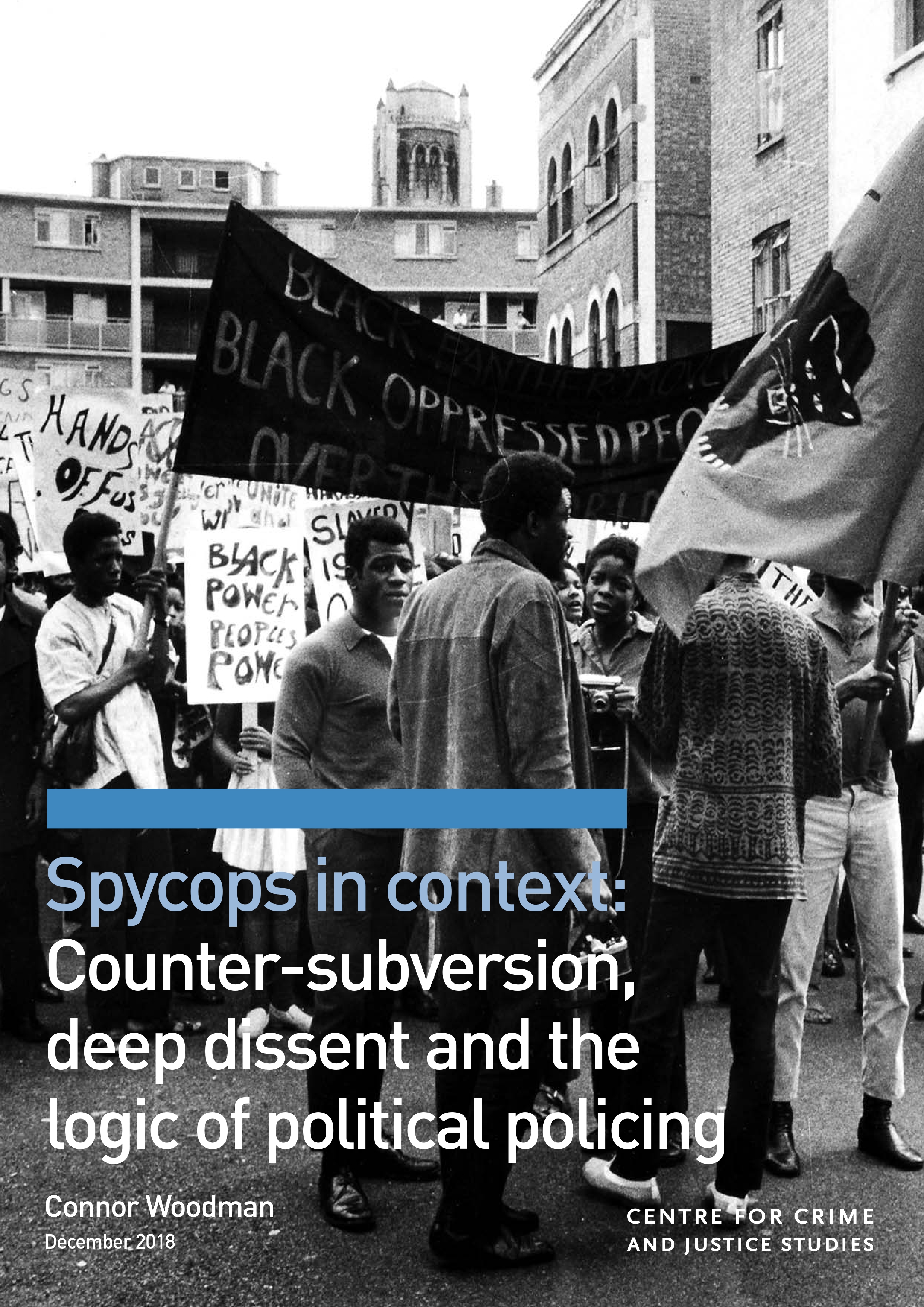The second of two papers seek to historicise and analyse state infiltration, revealing it as one tactic in a much larger repertoire of political policing.
This paper addresses head-on a question fundamental to the undercover policing scandal: why? Why were around 150 undercover police officers sent into over 100 political organisations across five decades?
The answer, the publication suggests, is that infiltration, surveillance and propaganda have been methods for the state to enforce hierarchical social relations. Hierarchies of race, gender and class structure the British polity, and undercover operations into political organisations are one method for maintaining these structures in the face of resistance.
Drawing on evidence from the historical practice of the secret state and writings of intelligence and police officials, this paper peels back the logic underlying the state’s concern with political dissent.
In sum
The wider historical view presented in Spycops in context shows how the two units dedicated to undercover infiltration of political organisations – the Special Demonstration Squad and National Public Order Intelligence Unit – cannot be viewed as 'rogue' aberrations. They were part of a long-running political policing apparatus designed to bolster the state quo against dissenters.
The Spycops in context papers are the result of a year-long Research Fellowship kindly funded by the Barry Amiel and Norman Melburn Trust.

